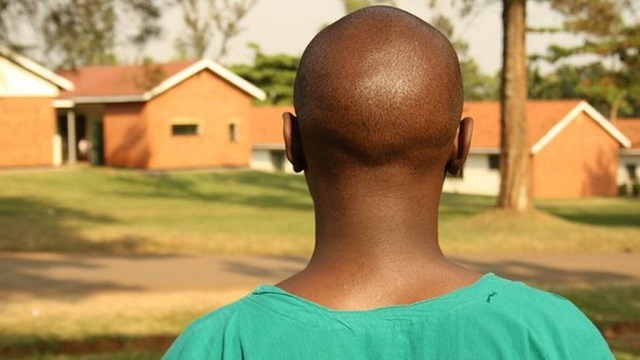
More services around mental health should be extended in all government health facilities
Kampala, Uganda | THE INDEPENDENT | Mental health experts say that many people in the rural communities are still suffering with issues of depression, anxiety, loneliness, trauma among others.
As such, the experts now want services of mental health strengthened in rural areas. They say that scaling up of mental health services in the rural communities will help the many people who are suffering with the effects from pandemic to access services.
This comes at a time when the government is also considering carrying out a survey to establish the actual number of people having mental health problems in order to be able to plan for them.
Grace Obalini, a mental health and psycho social support adviser with TPO Uganda, a civil society organization that empowers communities in mental health, says that with the COVID-19, many people still suffer quietly with challenges of stress, anxiety and loneliness among others. She was addressing a cohort of youths who are training in mental health issues with an aim of empowering them with basics that can easily help them identify people with mental challenges in their communities.
She says that many of these people in their scattered communities just need counseling services and psychosocial support for them to recover slowly.
She adds that when it comes to the youth that have stayed long without attending school, the situation worsens as many miss out on their peers who they feel free to share with.
Obalini noted that there is still a need to extend more services around mental health in all government health facilities.
Francis Wangi, another expert in mental health with Brac Uganda, says that after realizing the magnitude of the problem in the different communities, they came up with a program of training alumni students on MasterCard scholarship in mental health and psychosocial support.
He says that the training is intended to empower the 100 youths with basics in mental health that can help them identify people in their communities that are suffering with signs of mental health.
He adds that with the basics given during the training, the students can easily tell the type of support needed by someone after showing signs of mental illness and be able to make referrals where necessary.
He however notes that from the reports from the first cohort of 50 youths who were trained on the same program, the referrals tend to become a problem.
Wangi explained that the first cohort that was passed out in March 2021, now in the field has helped the program to spell out some of the challenges that are still pressing when it comes to mental health.
Some of the students that participated in the training said that the training will empower them to support the many people in their home villages who suffer with mental health issues.
Hawa Nabunya from Nakaseke district says that her focus is on counselling people in her community to slowly recover from the covid-19 challenges.
Bruhan Kyomuhendo from Kyenjojo district says that the training starts with enabling him as an individual to recover from the stress he has had for some time.
Meanwhile, the minister of state for primary health care Dr. Joyce Kaduc, says there are many issues around mental health but the government has tried to improvise especially at the regional referrals.
Dr Hafsa Lukwata, the acting assistant commissioner for mental health and control of substance abuse at the ministry says that they still lack on issues of data to plan well due to lack funds needed to take on a survey.
According to a 2014 report released by the Mental Disability Advocacy Centre (MDAC), most of the mental health services in the country are excessively concentrated around the capital, which leaves those in the rural communities having little access to mental healthcare.
*****
URN
 The Independent Uganda: You get the Truth we Pay the Price
The Independent Uganda: You get the Truth we Pay the Price





